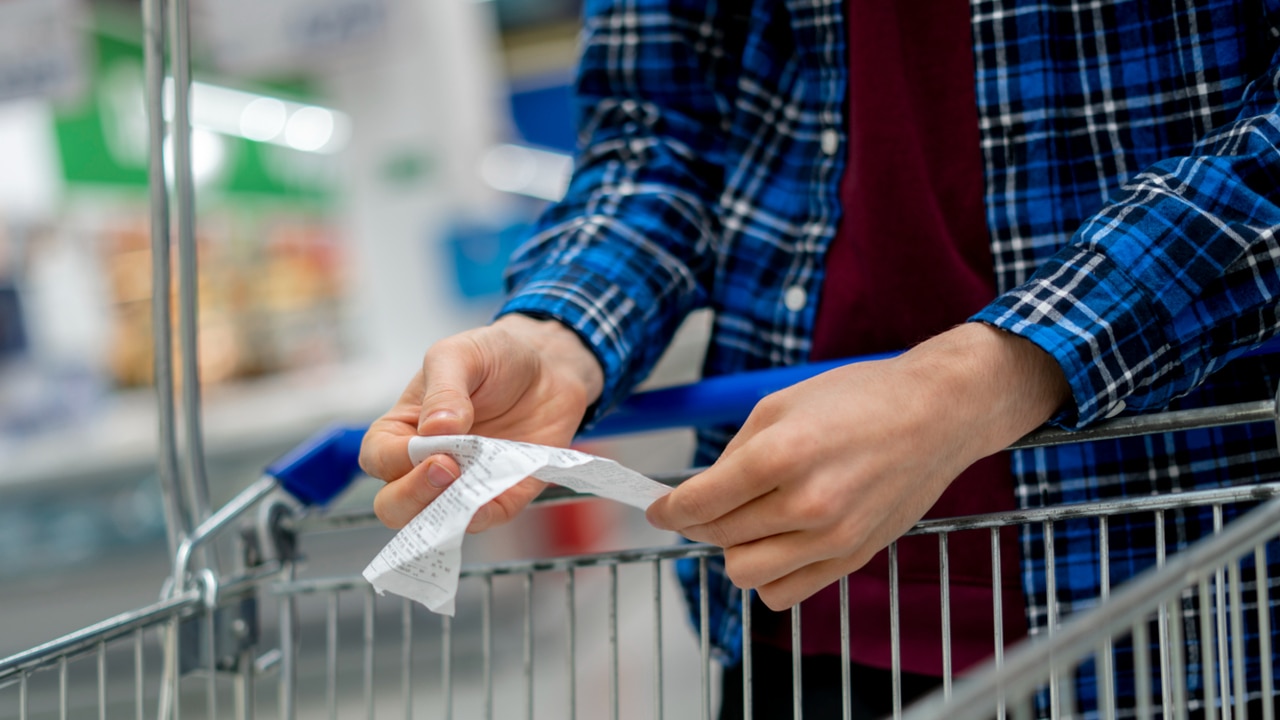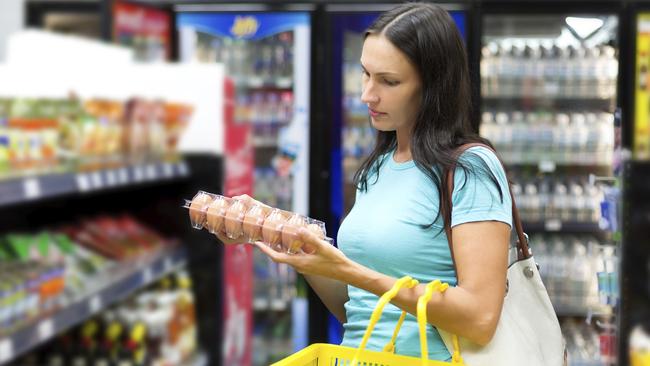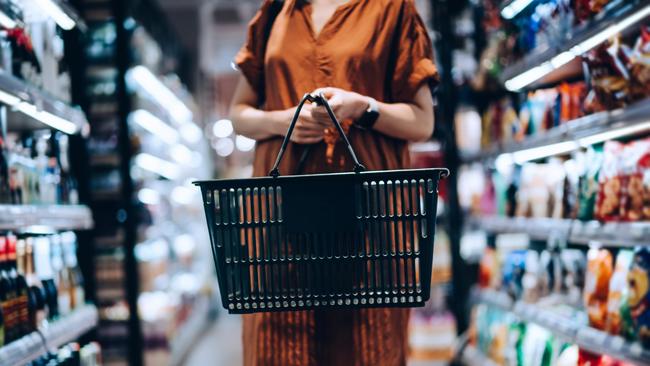Angela Mollard: Why we will see a new era of self-justified stealing
The rationale for supermarket rorting is straight-forward in many people’s minds: if they treat us like idiots, we’ll treat them like idiots. But does that make it right, asks Angela Mollard.

National
Don't miss out on the headlines from National. Followed categories will be added to My News.
We were talking about nuts. I’ve recently been loving hazelnuts. My friend said she preferred macadamias and cashews.
“But how do you afford them?” I queried, explaining that when I considered buying macadamias to make a crust for the glazed ham last Christmas, the self-serve bag rang in at $25 so I tipped them back.
“I put them through the weighing machine as peanuts. Or sunflower seeds,” she said. “Much cheaper.”
I must’ve looked incredulous.
“Oh, I do it all the time,” she said. “I scan the expensive apples as a cheaper variety and sneak a lime into a bag of mandarins.”

This woman is not poor. She’s also, as far as I can tell, not typically prone to petty crime.
But she and others like her are clearly the reason why there’s now a “smart” exit gate at my local Coles, steak is security-tagged and ceiling cameras which assign a digital ID to shoppers and track them as they shop are being rolled out.
At least one Woolworths has installed 500 mini cameras on product shelves and reports this week suggest we may soon follow the American model where premium products are kept in locked cabinets and must be dispensed by staff.
This is a bigger issue than pilfered nuts or limes or the great carrot swindle – the discovery by one Australian supermarket that it was selling far more carrots than it had in stock (shoppers were scanning more expensive items as carrots to save money).
Rather, I suspect we are entering a new era of self-justified stealing which will only get worse if the Australian Competition and Consumer Commission (ACCC) inquiry confirms that supermarkets have been gouging shoppers and producers.
Mark my word, we will see a massive upswing in “swipers” – the acronym one retail academic gave to what she called “seemingly well-intentioned patrons engaging in routine shoplifting”.
When people feel they’re being rorted they retaliate. Trust is such a central pillar to our moral reasoning that, when it’s compromised, our better selves are similarly challenged.
The rationale is straightforward: if they treat us like idiots, we’ll treat them like idiots.
How do I know? Because I’ve experienced it. Two decades ago, when my youngest was a baby, I was so sleep-deprived I forgot to pay for a pack of nappies.
Returning to my car, I soon realised and had to make the decision: did I drag my toddler and baby back upstairs to pay for the nappies or simply drive off?
I went back and paid – motivated by a determination to do the right thing and a longstanding fear that karma would get me if I didn’t.

But last week I made a similar mistake. I was unloading my shopping bags into the car boot and discovered a tube of vanilla paste had been concealed under my handbag. That stuff is pricey. I was in turmoil – for the first time in my life I lost the inclination to do the right thing. If the supermarkets were stiffing me, why shouldn’t I do likewise? So I drove home only to find myself so wracked with guilt I had to drive back an hour later and pay.
“Shrinkage” – not the irksome downsizing of some of our favourite items but the term retailers give to stock loss due to shoplifting and fraud – is predicted to get worse. On top of their increased profits, if Coles and Woolworths are found to have been duping us with price manipulation, the loss of trust will be catastrophic.
Retailers are no longer seen as victims by honest shoppers impacted by cost-of-living pressures, says Paula Dootson who researches consumer behaviour and digital transformation at Queensland University of Technology.

“My research on understanding deviant consumer behaviour suggests if you don’t perceive the retailer to be a victim then you can justify your behaviour,” she says.
Swipers, according to research, fall into four main groups. Accidental thieves (me with the vanilla paste), label switchers (my nut thieving friend), those frustrated by the self-checkout process, and those compensating themselves. It stands to reason that the “deviance threshold” – the point at which you can no longer see yourself as a good person if you steal – goes up if you can justify compensating yourself because retailers have been acting improperly.
While only 7 per cent of shoppers surveyed by Finder admitted stealing from supermarket self-check-outs (nearly double on the previous year), researchers say the figure is likely much higher because most of us won’t admit to bad behaviour. Last year Monash University found that a quarter of consumers believed that blatant forms of retail theft were “a little” to “completely” justifiable.
Those views preceded multiple interest rate rises, the ACCC inquiry and the revelation from the commission’s interim report this month that the profit margins of our grocery duopoly are well above international peers. When those profits are used to increase surveillance technology, naturally we take umbrage.
It’s a vicious circle with implications far beyond my mate’s misappropriated macadamias. The only solution is a rigorous inquiry that restores trust in supermarkets along with a quiet resetting of our own moral compass.
Do you have a story for The Telegraph? Message 0481 056 618 or email tips@dailytelegraph.com.au
More Coverage
Originally published as Angela Mollard: Why we will see a new era of self-justified stealing




